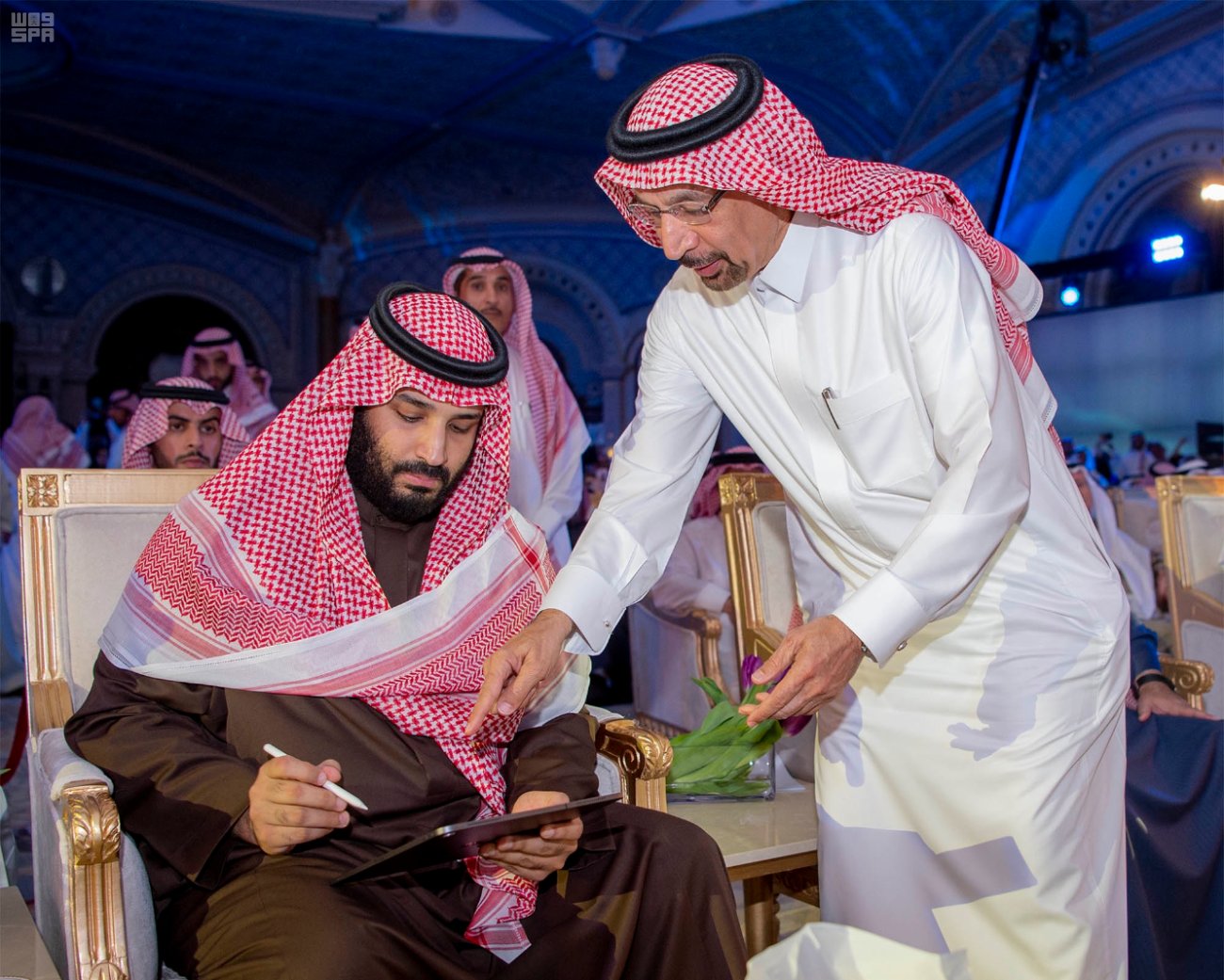Saudi Arabia and Japan signed several new agreements and understandings at a Saudi-Japan investment forum to boost trade and relations between the two nations, according to reports.
Saudi Minister of Investment Khalid Al-Falih said in a recent statement that Saudi Arabia is targeting $3.3 trillion worth of investments with Japan by 2030, adding that Saudi Arabia wants to build more than 500,000 electric cars annually by the end of the decade.
The two nations also signed a memorandum of cooperation in the energy sector, including carbon recycling technology and the use of hydrogen and ammonia as a clean fuel source, to achieve a carbon neutral society, the Japanese industry ministry said.
Both ministers agreed to focus on emissions reduction rather than energy sources through the effective deployment of carbon recycling and a circular carbon economy, according to oilandgasmiddleeast.com.
At the forum, Al-Falih revealed that 99 Japanese companies are investing in Saudi Arabia in specific sectors, “acknowledging that the investment between the two countries falls short of aspirations,” Asharq Alawsat reports.
Saudi Arabia is the world’s largest exporter of oil and is a major supplier to Japan, which is heavily reliant on imports to meet its energy needs. In 2020, Japan imported around 3.4 million barrels per day (bpd) of crude oil from Saudi Arabia, making it the country’s largest supplier of crude oil.
Saudi Arabia is also a major supplier of natural gas to Japan. In 2020, Japan imported around 1.3 million tons of liquified natural gas (LNG) from Saudi Arabia, making it the country’s third-largest supplier of LNG.
Japan is the world’s largest importer of LNG.
The increased cooperation comes on the back of cooperative agreements signed between Saudi Arabia and Japan In 2019. The two countries signed a memorandum of understanding then to promote economic and industrial cooperation, with a focus on small and medium-sized enterprises (SMEs). That MOU aimed to create a framework for cooperation between the two countries in areas such as technology transfer, investment, and human capital development.









